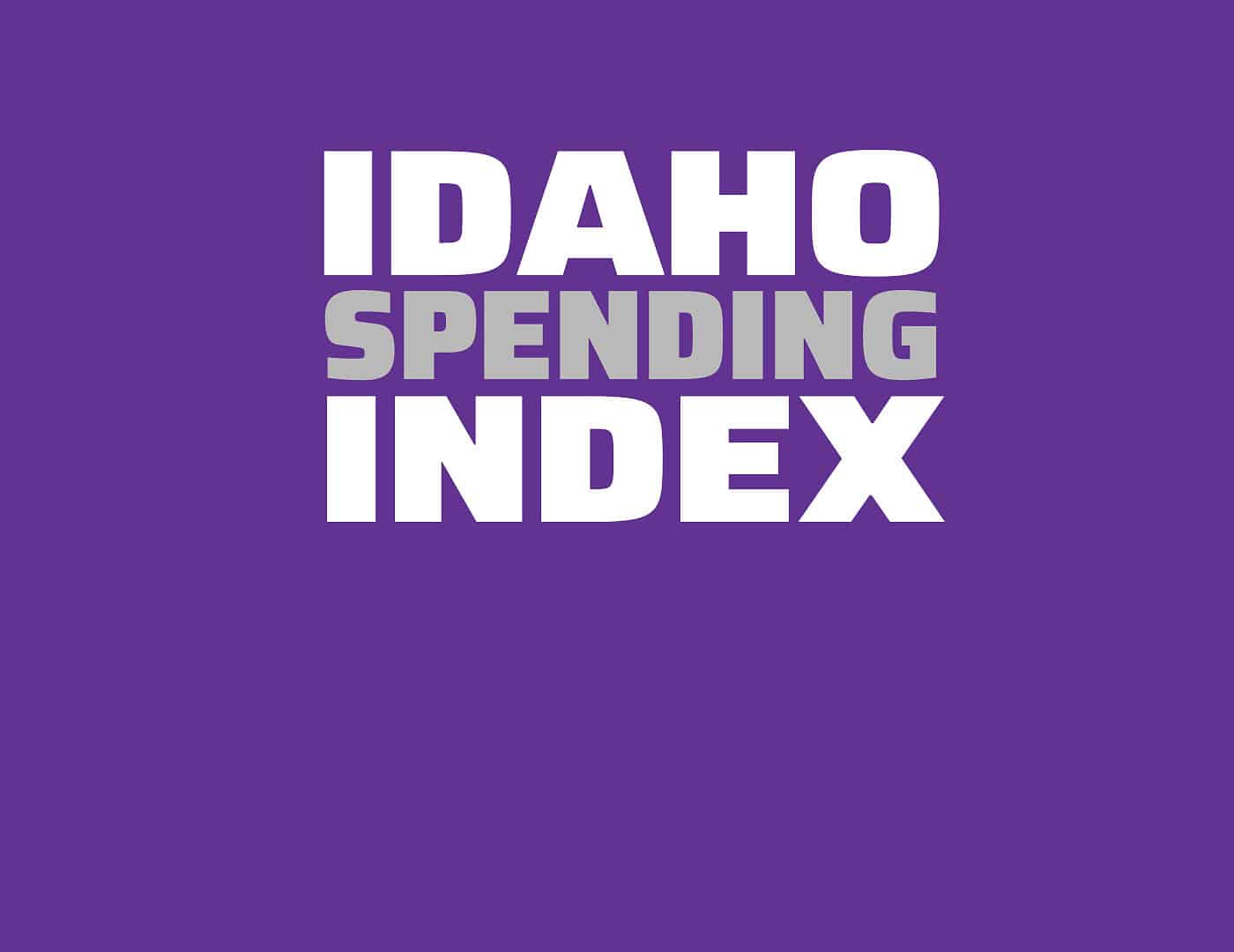


The Idaho Spending Index serves to provide a fiscally conservative perspective on state budgeting while providing an unbiased measurement of how Idaho lawmakers apply these values to their voting behavior on appropriations bills. Each bill is analyzed within the context of the metrics below. They receive one (+1) point for each metric that is satisfied by freedom-focused policymaking and lose one (-1) point for each instance in which the inverse is true. The sum of these points composes the score for the bill.
Analyst: Niklas Kleinworth
Rating: -3
Bill Description: Senate Bill 1171 appropriates $154,842,500 and 776.51 full-time positions to the DHW Family and Community Services for fiscal year 2024 and a $2,050,700 supplemental for fiscal year 2023.
Is the maintenance budget inappropriate for the needs of the state, the size of the agency, or the inflationary environment of the economy? Conversely, is the maintenance budget appropriate given the needs of the state and economic pressures?
This legislation sets the maintenance budget for the IDHW Family and Community Services at $151,759,700, growing from the base by 27.7% in the last three years. This rate is significantly more than what would be prescribed by inflationary pressures and growth.
(-1)
Does this budget perpetuate or expand state dependence on federal dollars, thereby violating principles of federalism? Conversely, does this budget actively reduce the amount of federal dollars used to balance this budget?
The budget for Family and Community Services is heavily dependent on federal funding to sustain operations with more than 56% of funding appropriated in Senate Bill 1171 coming from federal sources. Additionally, 459.69 of the 776.51 full-time equivalent positions – that is 59% of their staff – appropriated in this budget are federally funded.
(-1)
Does this budget contain hidden fund transfers or supplemental expenditures that work to enact new policy or are not valid emergency expenditures? Conversely, are fund transfers only made to stabilization funds or are supplemental requests only made in the interest of resolving valid fiscal emergencies?
This legislation provides for a supplemental appropriation of $2,050,700 for additional congregate care costs within the Division of Child Welfare. These costs include foster children and those living in congregate care settings. There were increases in per member, per month – also referred to as PMPM – cost-based pricing for these care settings. This supplemental will be ongoing, integrating into the base budget after the 2024 fiscal year.
This supplemental appears to address a valid fiscal emergency within the Division of Child Welfare in response to a high inflationary environment. However, the agency made no mention that this was due to an increase in the number of children requiring services. The ongoing nature of this supplemental seems inappropriate given the fact that the legislature and the federal government anticipates a recessionary period during the upcoming fiscal year. A one-time provision of these funds would seem to be a more appropriate solution.
(-1)


